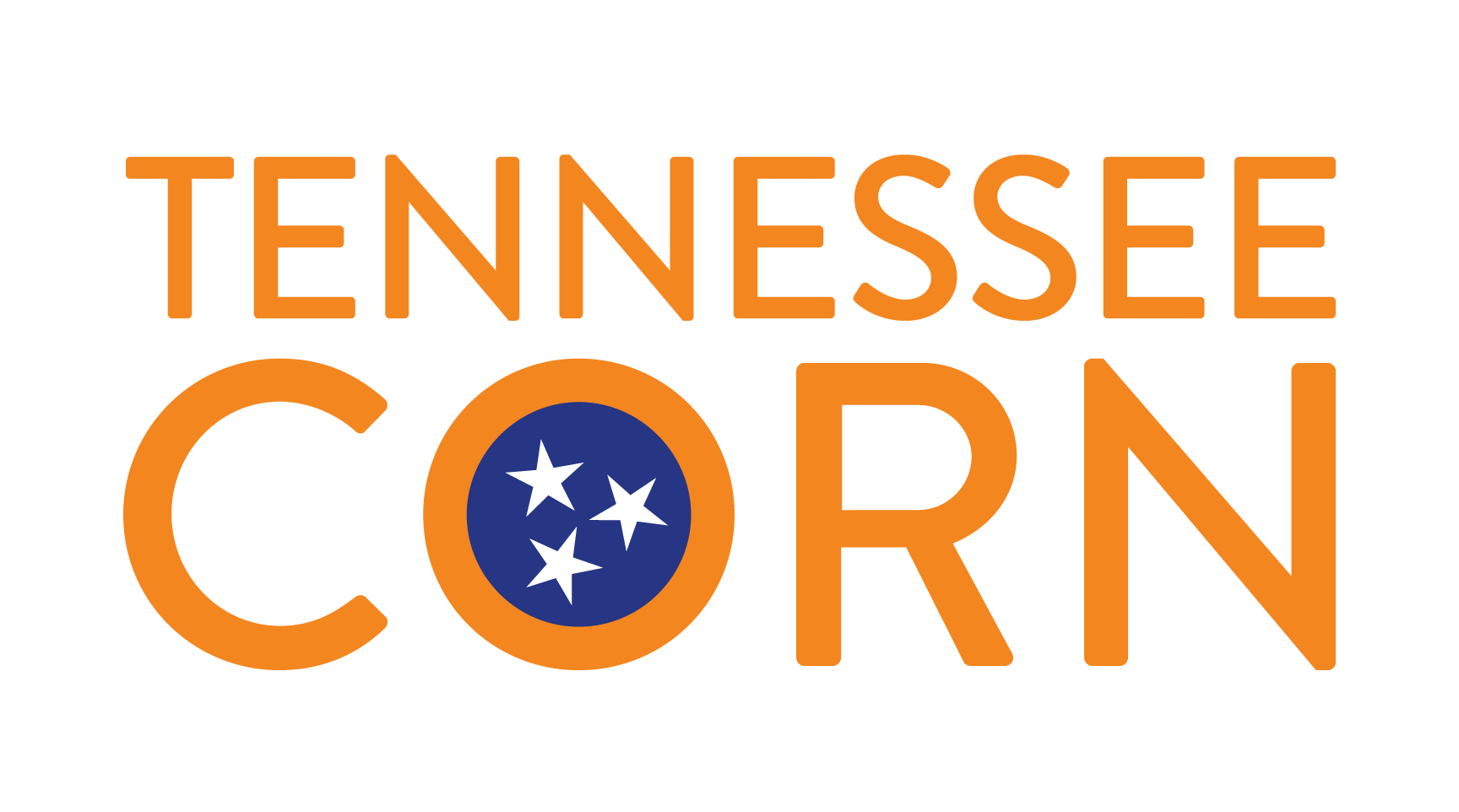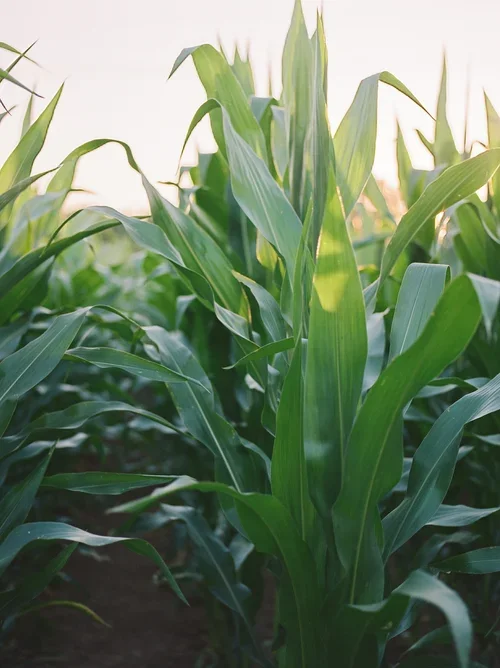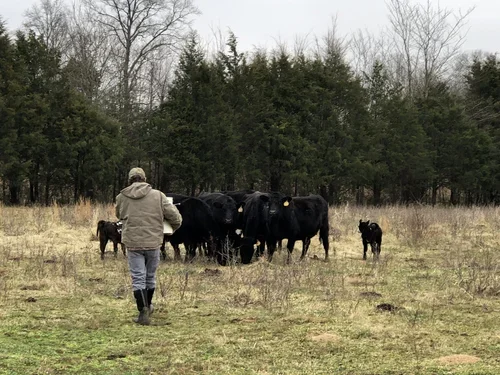Six Generations Strong: How Corn Keeps the Vannatta Farm Thriving
Tracy Vannatta, sixth-generation farmer and member of the Tennessee Corn Promotion Board
For Tracy Vannatta, farming in Middle Tennessee is a legacy. As a sixth-generation farmer and member of the Tennessee Corn Promotion Board, Tracy has seen firsthand how corn production has shaped his family’s farm, from supporting other agricultural commodities, strengthening local economies, and helping preserve farmland for the next generation.
We sat down with Tracy to talk about his farm’s history, conservation practices, and how corn continues to tie everything together on the farm.
Q: Tell us about your farm’s history.
Tracy:
I’m the sixth generation on our family’s land. My great-great-great-grandfather, James, settled here in 1850 because of a big, nearby spring on the land, which is a water source we still protect today. Back then, the main cash crop was corn. It fed the hogs, chickens, and dairy cows, and the extra was distilled into whiskey that was shipped down the Mississippi to New Orleans.
Over the years, the farm has transitioned from clover to dairy, to poultry, and now to beef cattle. But corn has been the constant through all those changes. It’s been part of every phase of our farm for 175 years.
Q: How has corn supported different phases of your farm?
Tracy:
Corn has always been at the center of what we do. During the dairy years, we chopped corn silage for the herd. When we built broiler houses with Tyson Foods, we grew corn, sent it to the feed mill, and it came back to us as chicken feed. That went on for 35 years, a closed-loop system.
Now, with beef cattle, we don’t grind all of our feed anymore. The local co-op can mix it cheaper and better than we can, but the main ingredient in those rations is still corn, and a lot of it comes from Tennessee farmers.
Q: What’s the connection between corn and beef for you?
Tracy:
It’s a balancing act. Some years corn prices are down but beef prices are strong, and other years it’s the reverse. Having both keeps our cash flow steady.
We also share labor and equipment between the two sides of the farm. My crew that works cattle is the same crew planting and harvesting corn. And there’s no question that the quality of corn grown here in Tennessee affects the quality of beef we produce.
Q: Why is it important for corn growers to stay connected to the beef industry and vice versa?
Tracy:
Because we depend on each other. Beef, poultry, and pork operations are some of the biggest buyers of Tennessee corn. If they’re strong, our markets are strong.
The more we keep that cycle; local-corn grown here, feed mixed here, cattle finished here-the better it is for everybody. The money stays in the state, the quality stays high, and we all benefit.
Q: Your farm has a long history with conservation. How did that start?
Tracy:
In the late ’70s, my dad and I visited Harry Young in Kentucky. They call him the father of no-till, and we came home and started no-tilling soybeans. By the mid-’80s, we were no-tilling corn. Today, we’re 100% no-till on every acre.
We’ve also added cover crops and crop rotations. The difference in soil health has been huge. Back when we were plowing, you couldn’t find an earthworm in a field. Now, you can dig in the middle of any field and find plenty.
We’ve also worked hard on water protection, too. That same spring that my family settled near in 1850 feeds into the Duck River, one of the most biodiverse rivers in the country. We fence cattle out of the streams, use rotational grazing, and work with programs that help us protect water quality while keeping the farm profitable.
Q: You spend time hosting farm tours and speaking to the public. Why is that important to you?
Tracy:
Once a year, I host the Leadership Bedford group of about 40 to 60 people from all walks of life. They come out to see the equipment, walk the fields, and hear about how we farm.
A lot of folks don’t know the difference between field corn and sweet corn. They don’t realize that every day they eat something that came from corn, whether it’s the eggs they had for breakfast, the bacon, or the milk in their coffee.
When people leave here, I want them to understand that farming isn’t just about planting and harvesting. It’s about protecting water, building soil, supporting our local economy, and keeping our communities fed. Conversations matter because they build trust in agriculture.
Q: Your farm has been in the family for 175 years. How are you protecting it for the future?
Tracy:
Middle Tennessee is losing farmland fast. We’re fourth in the nation for farmland lost to development. We’re not getting any bigger, so protecting what we have is critical. We’ve put part of our farm in a land trust so it can’t be developed. My hope is that the seventh, eighth, ninth, and even tenth generation will still be farming here long after I’m gone.
Q: What do you want other corn farmers to take away from your story?
Tracy:
That you can stay independent and profitable if you stay diversified and connected to your local markets. Corn and beef go hand-in-hand, and when one side is struggling, the other can help balance things out.
We’ve been doing it for six generations. And if we keep taking care of our land, our water, and our relationships with each other, we can keep it going for many more.
Want more stories like this?
Get the latest Tennessee corn farmer features, updates, and insights delivered to your inbox. Sign up for our newsletter to stay connected with what’s growing at Tennessee Corn.
About the Tennessee Corn Promotion Board
The Tennessee Corn Promotion Board (TCPB) works on behalf of Tennessee’s corn farmers to invest checkoff dollars in research, market development, education, and promotion. Through these efforts, TCPB helps ensure a strong future for corn production across the state, while connecting the value of corn to consumers, livestock producers, and the industries that rely on it. TCPB is committed to supporting sustainable farming practices, expanding market opportunities, and telling the story of Tennessee corn growers.



